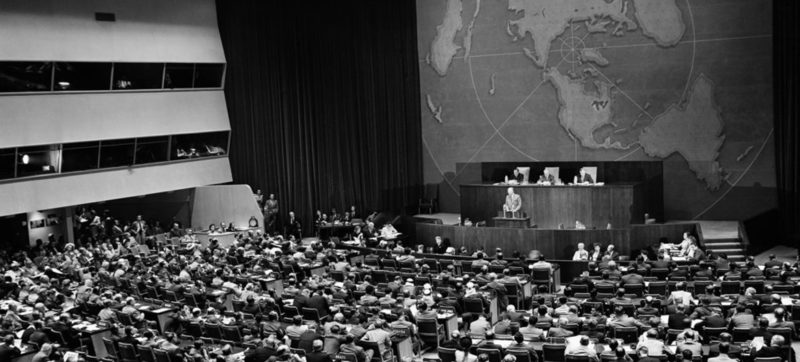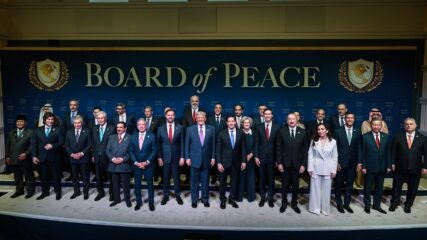The U.N. partition resolution in 1947 cleared the way for Israel to declare independence six months later, but since then the United Nations has largely been antagonistic and condemnatory toward Israel and a tool for the Palestinians and Israel's enemies.
Reliable resources for deeper Israel understanding
Embrace informed content on Israel, the Middle East and the Diaspora.
Begin with 7 days free to explore CIE’s rich sources, expert analyses and guided knowledge building.
$39 / year
JOIN CIE+
Already have a CIE+ account?
SIGN IN









